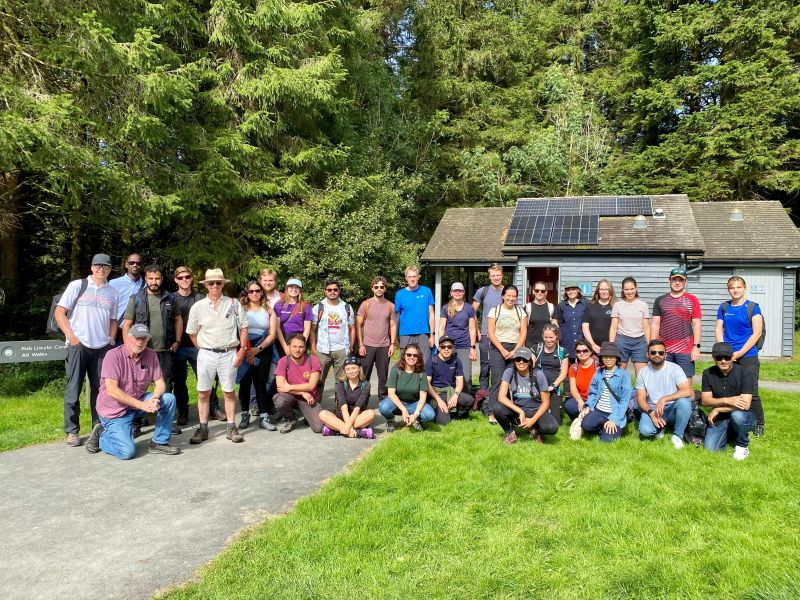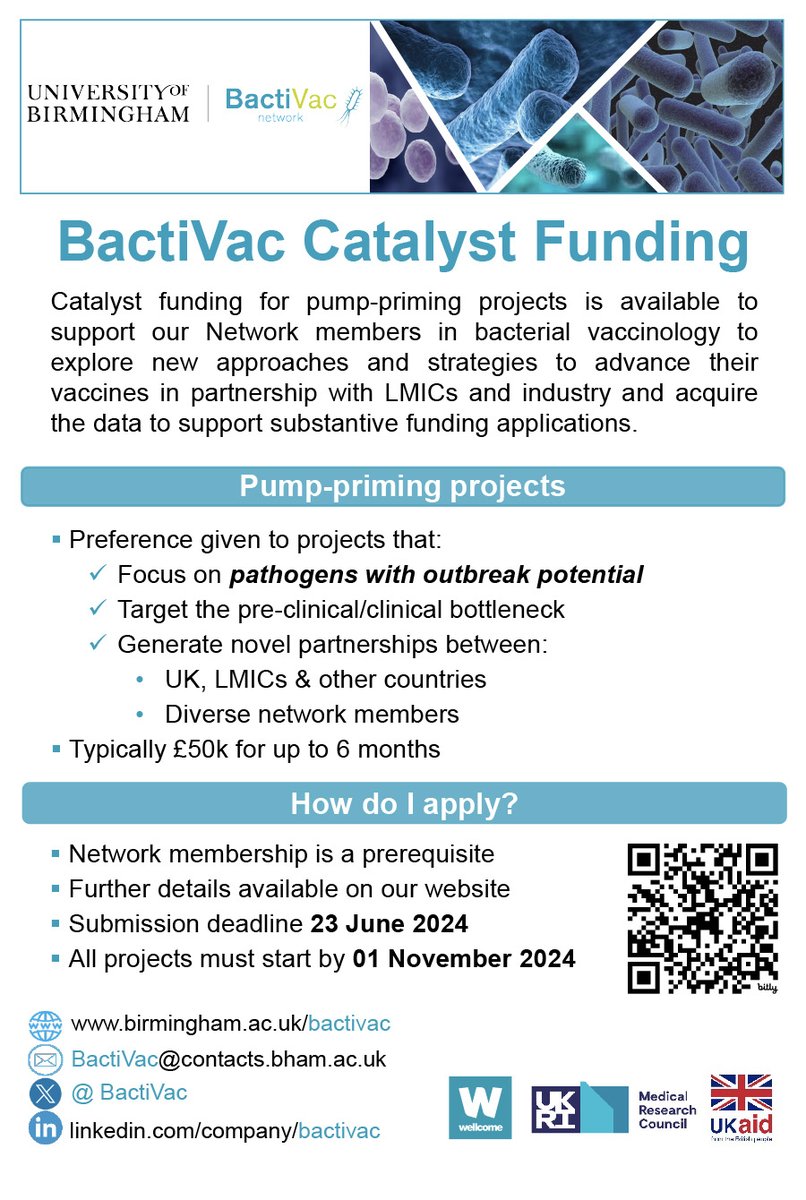
IGI Birmingham
@bigideas_uob
We inspire, support and deliver world-leading research that seeks to address some of the world’s most pressing challenges
ID: 1083720259373285376
https://www.birmingham.ac.uk/research/global-goals/igi/index.aspx 11-01-2019 13:40:19
2,2K Tweet
1,1K Followers
663 Following


Really happy to announce our new (open access) paper was finally published today in Linguistics (journal)! "Geographic structure of Chinese dialects: A computational dialectometric approach" doi.org/10.1515/ling-2… 🔓 with He Huang (lead author), Lei Jia and Zhuo Chi A short 🧵...


There are many influential and informative theories of Chinese dialect regions, but this new paper in Linguistics (journal) produces a more modern and objective analysis based on new data. Read the thread below for more ⬇️

ICYMI: Professor Sid Bandyopadhyay spoke to the Marginal Babble podcast about domestic violence, public health and crime. Watch the full episode via the link below, or find the podcast on Spotify. youtube.com/watch?v=lBOIMH…


Last few places available for 15th Annual #Catchment #Science #Summer #School Uni of Birmingham run in person 1 - 6 September 2024 Global Institute for Water Security UoB Institute for Sustainability & Climate Action Register here: shop.bham.ac.uk/conferences-an…


How can universities turn sustainability knowledge into climate action? On Monday 24 June, join Uni of Birmingham experts to explore this and to look ahead to #COP29.

A new paper in Cell Reports Medicine assesses the potential of microplastics and nanoplastics to exacerbate the health impacts and global burden of non-communicable diseases. Stefan Krause Dr Holly Nel @DrVal_O Prof. Iseult Lynch 💙 Healthy Earth NGO cell.com/cell-reports-m…

Experts at Uni of Birmingham have designed groundbreaking interventions to prevent deaths by post-partum haemorrhage and at caesarean sections. Hear from WHO Collaborating Centre for Global Women’s Health Co-Directors Prof Arri Coomarasamy OBE MBChB MD FRCOG FMedSci and Professor Shakila Thangaratinam. birmingham.ac.uk/news/2024/life…

There are around 15,000 different PFAS chemicals. It’s impossible to avoid PFAS exposure entirely, but you can reduce your exposure. Dr Daniel Drage writes for The Conversation. theconversation.com/many-pfas-fore…


Excellent to welcome James Milner from London School of Hygiene & Tropical Medicine to deliver the last of our IGI Birmingham seminar series today. We discussed household energy efficiency, ventilation and health, exploring interdisciplinary collaborations across Wellcome and UKCleanAir projects 🌎 🙌


🗓️: On July 1, our friends at Disability Under Siege will host Marina Barham from Al-Harah Theater and hear how they use theatre to support young people during crisis, and about their work to increase the number of people with disabilities in performing arts. All the information ⬇️


A platform for change for the UK youth homelessness crisis Tuesday 9 July 2024, 13:00 - 15:00, Zoom Join researchers from Uni of Birmingham and @StBasilsCharity Discover how arts-based participatory approaches are reshaping our understanding of homelessness bham-ac-uk.zoom.us/meeting/regist…


I was happy to share in Hydrology Section AGU newsletter some of my experiences of developing partnerships and networks. I hope of interest. Please read AGU (American Geophysical Union) UoB Institute for Sustainability & Climate Action IGI Birmingham College of Life and Environmental Sciences UNESCO UK drive.google.com/file/d/1IdhHkp…


PFAS ‘forever chemicals’ can be absorbed through human skin, contrary to what has been previously believed about the skin acting as a barrier. Oddný Ragnarsdóttir, Dr Mohammed Abdallah and Prof Stuart Harrad explain their research for The Conversation. theconversation.com/pfas-forever-c…

This is fantastic news! Sandra Pertek will work across Bangladesh, Kenya, Turkey and the UK, exploring ways Islamic philanthropy principles can be leveraged to better inform and coordinate humanitarian aid work to achieve more effective outcomes for displaced women.

New research has shown, for the first time on a global scale, that tree bark in the world’s forests absorbs the greenhouse gas methane. The discovery could have big implications for tackling climate change. Prof. Vincent Gauci writes for The Conversation theconversation.com/weve-discovere…

